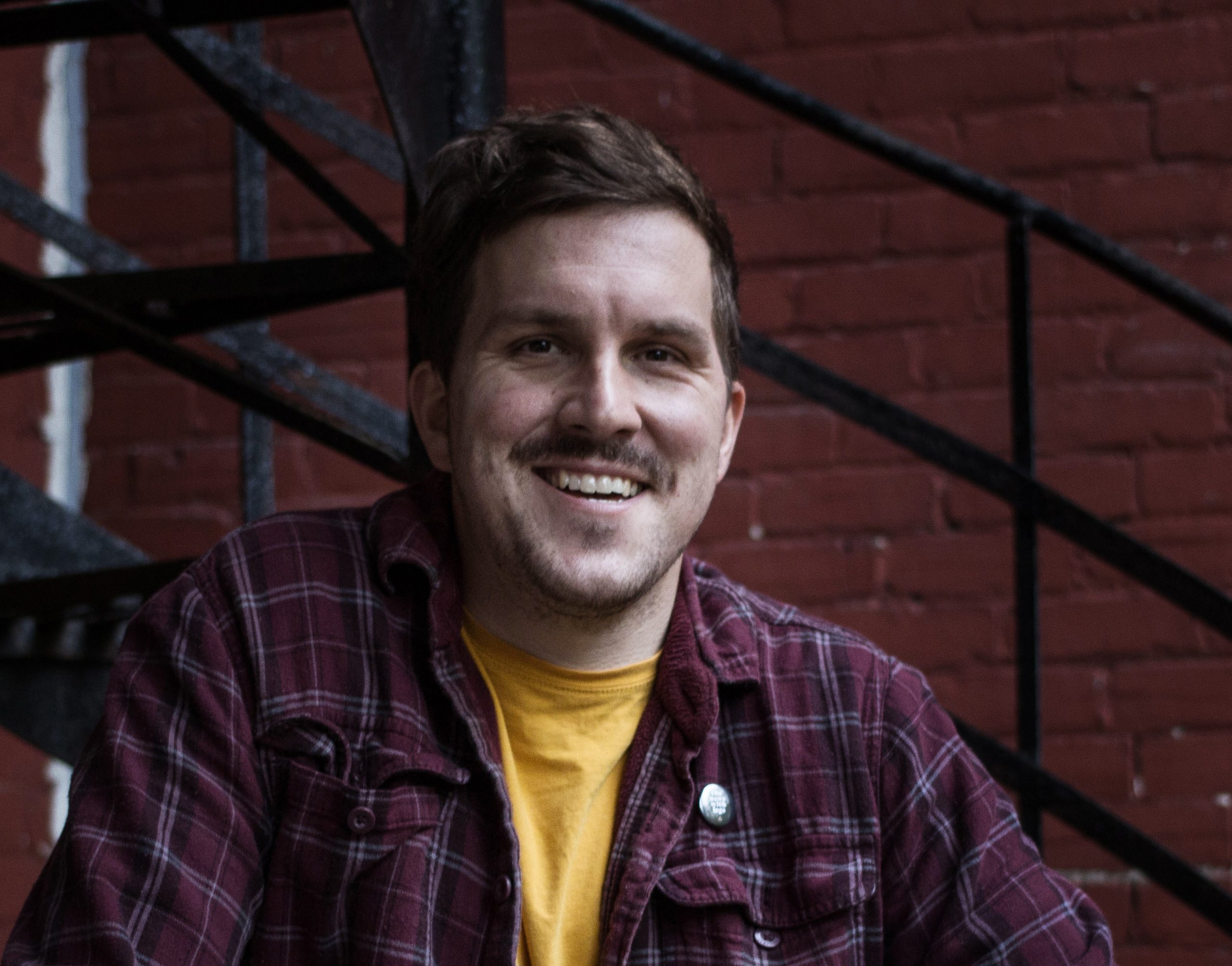Curtis spoke with The Concordian about leaving the Montreal Gazette and what he would say to his younger self
Christopher Curtis is an award-winning journalist in Montreal, who chose to leave his job at the Montreal Gazette to start a crowdfunded investigative journalism venture called The Rover with Ricochet media. Bursting out of the 24-hour news cycle, Curtis says his reporting is about going in-depth into unreported issues.
I spoke with Curtis about how he came to leave the Gazette, his new venture, and what he would say to his younger self.
HA: How was the Montreal Gazette experience for you, working there for so many years?
CC: It was great, I learned to become a journalist there. It was a really nurturing, caring place, but it was a place that had this cloud of uncertainty hanging over us. When I started out there were maybe 120 people at the Gazette and by the time I left there were like 60.
What happens is that over time when you’re not investing in journalism, and when you’re constantly having to cut employees, which was the case across the board at all Postmedia properties, the quality of the work begins to suffer.
We can feel that crunch and an urgency to produce content everyday. And if you have to produce something everyday, then you don’t have that extra time to build relationships in your own community or in a remote community. So, that’s why I started to consider leaving.
HA: What made you make that jump? It’s hard to leave a job!
CC: What happened was just, I think [over] the summer, I thought about the journalist that I was when I started out. I remember for one story I slept in a tent, just outside of a reserve in the middle of nowhere one night on a day off, just to get access to a story that might turn out to be good or might not turn out to be good. I was willing to take risks.
Would that kid look at me, almost ten years later, and say they’re proud of what I’ve become? I wasn’t so sure anymore.
I thought long and hard about my future at the Gazette. It felt like we were really just surviving and I didn’t really just want to survive anymore.
HA: I saw your video that announced your The Rover project, where you travelled to where the John A. Macdonald statue once stood, what was the significance of that?
CC: Well, my girlfriend suggested the John A. Macdonald statue, and I thought it was great. I think to me it was kind of apparent that there’s this pretty big disconnect with a lot of the traditional reporters and journalists and what’s actually happening on the ground in Indigenous communities. There isn’t nearly enough good journalism that feels like it comes from the ground up.
HA: What is good journalism?
CC: I think good journalism feels real. Good journalism talks to the people who are affected by a decision that’s made in a parliament, or in an office, or in the halls of power somewhere. It should always be about the people who don’t have a say in what happens, and [who] don’t feel like they have access to justice. That to me is good journalism.
HA: What would you say to yourself, if you could go back and talk to the younger, student reporter, you?
CC: I would say that journalism is a set of skills that take a very long time to master. You need to put in hours, that’s the one thing I did get right back then was I put in my time. You need to build journalism into your muscle memory, or at least the mechanics of journalism: interviewing, transcribing, writing fast copy. I think one year at The Link I wrote something like 120 stories.
What I would say is do all that, but when you get your hands on something that you really think is different or exceptional follow it through. But you need to master that basic shit. Bust your ass, and hustle hard, and when you can stand out, stand out!
Feature photo by Christine Beaudoin




